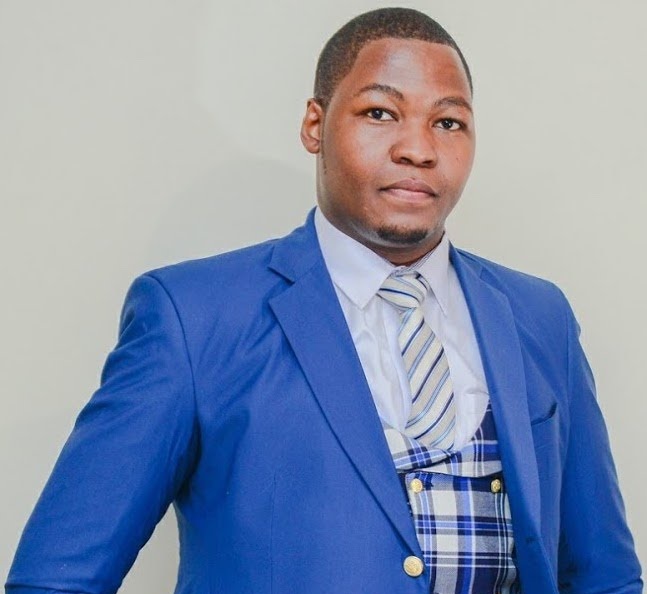The path to gender equality has been fraught with unexpected obstacles. The advancements once applauded are now facing setbacks — notably from the COVID-19 pandemic that unequally burdened women and girls, interrupting their educational achievements and economic contributions.
This challenge has been intensified by subsequent economic challenges and global political unrest, impeding and, in certain instances, reversing the advancements achieved in the pursuit of equal gender representation.
According to the 2023 Global Gender Gap Index, no country has attained complete gender parity. In the effort to achieve gender equity in health, discussions frequently revolve around empowering women, shattering glass ceilings, and inspiring the upcoming generation of female leaders – a stance that is well-founded.
However, there’s a crucial element in this narrative that demands more attention: the role of active male allies to the attainment of gender parity in health leadership. To truly advance gender equity in health leadership, we must look critically at how men, who often hold the majority of leadership roles, can become active participants in this transformation.
Active male allies can be the harbingers for change in an industry where women, despite representing a large portion of the global health workforce, are significantly underrepresented in decision-making roles. This incongruity is not just a matter of fairness; it is a systemic failure that hampers the effectiveness and inclusivity of health services.
Men delivering health, therefore, have a dual responsibility: to recognize their implicit role in perpetuating gender biases and to act intentionally to dismantle them.
Imagine a health conference where the panel is diverse, not as a result of a quota, but because male leaders have actively sponsored their female colleagues. Picture a world where male healthcare providers amplify the achievements of women without the spectre of tokenism.
This could represent the future of health, but it demands a cultural and ideological shift that commences with acknowledging the problem.
A notable incident exemplifies this need: during a Devex panel at the 76th World Health Assembly in Geneva, what was intended to be a diverse discussion on health and climate change turned into a “manel” when Dr. Maria Neira of the World Health Organization (WHO) withdrew at the last minute. In her place, Dr. Diarmid Campbell-Lendrum was sent.
This turn of events did not sit well with Dr. Githinji Gitahi, CEO of Amref Health Africa and a WomenLift Health Global Advisory Board Member, who chose to walk out after delivering his opening remarks.
Expressing his discomfort, Gitahi stated, “I feel very uncomfortable being on this male panel, completely uncomfortable because I have a commitment not to do this,” before leaving the stage and inviting any woman with insights on the topic to replace him. His actions sparked mutterings and some amusement among attendees.
Male allies need to engage in critical self-reflection and understand that gender equality is not a zero-sum game but a collective gain. By fostering mentorship programs, advocating for policy changes that promote work-life balance, and calling out discrimination, men can aid in crafting a health system that is truly egalitarian.
Critically, the involvement of male allies in gender equity must move beyond performative allyship. It requires genuine commitment to understanding the nuanced barriers women face, from the gender pay gap to the scarcity of women in surgical fields.
It’s not enough to just ‘talk the talk’; men must ‘walk the walk’, ensuring their actions are consistent with their words, a concept that is often missing from the dialogue.
Moreover, male allies must be willing to relinquish some power, to share the spotlight, to listen more, and to speak less. They need to leverage their positions to advocate for changes in institutional policies that often subtly, yet powerfully, contribute to gender disparities.
The author, Liberty Kituu is the East Africa communication manager at WomenLift Health.
This article was first published on citizen.digital


